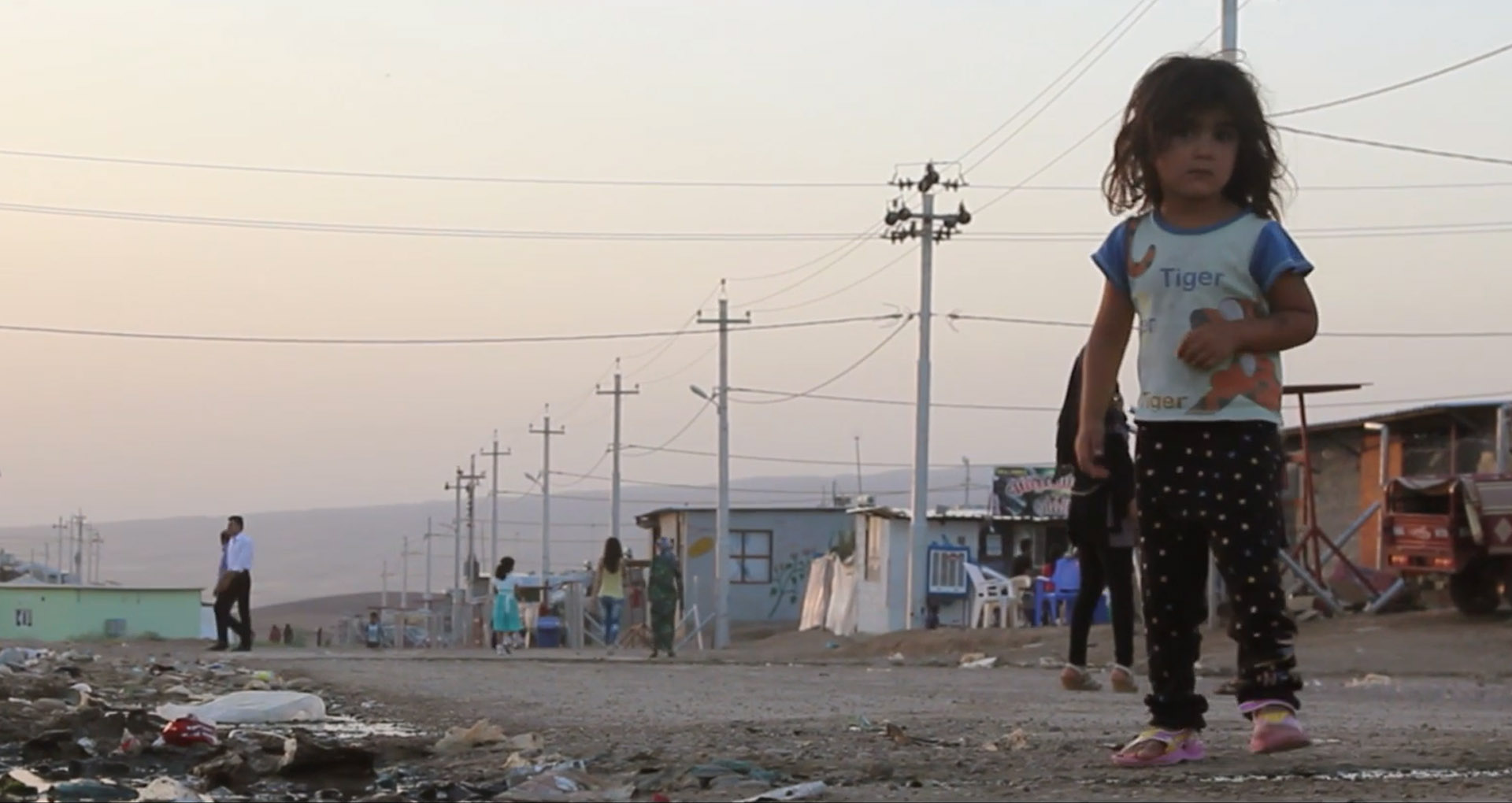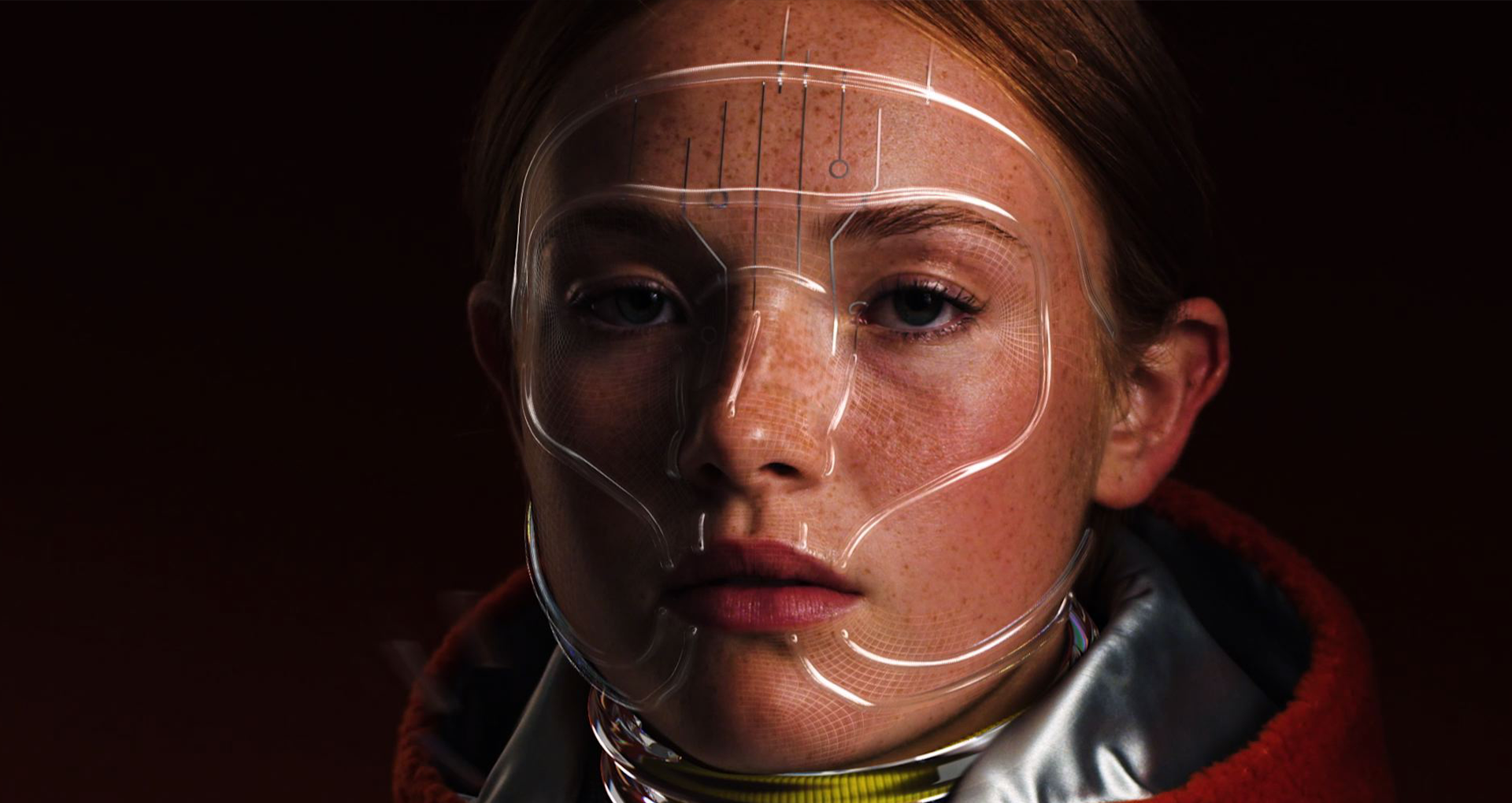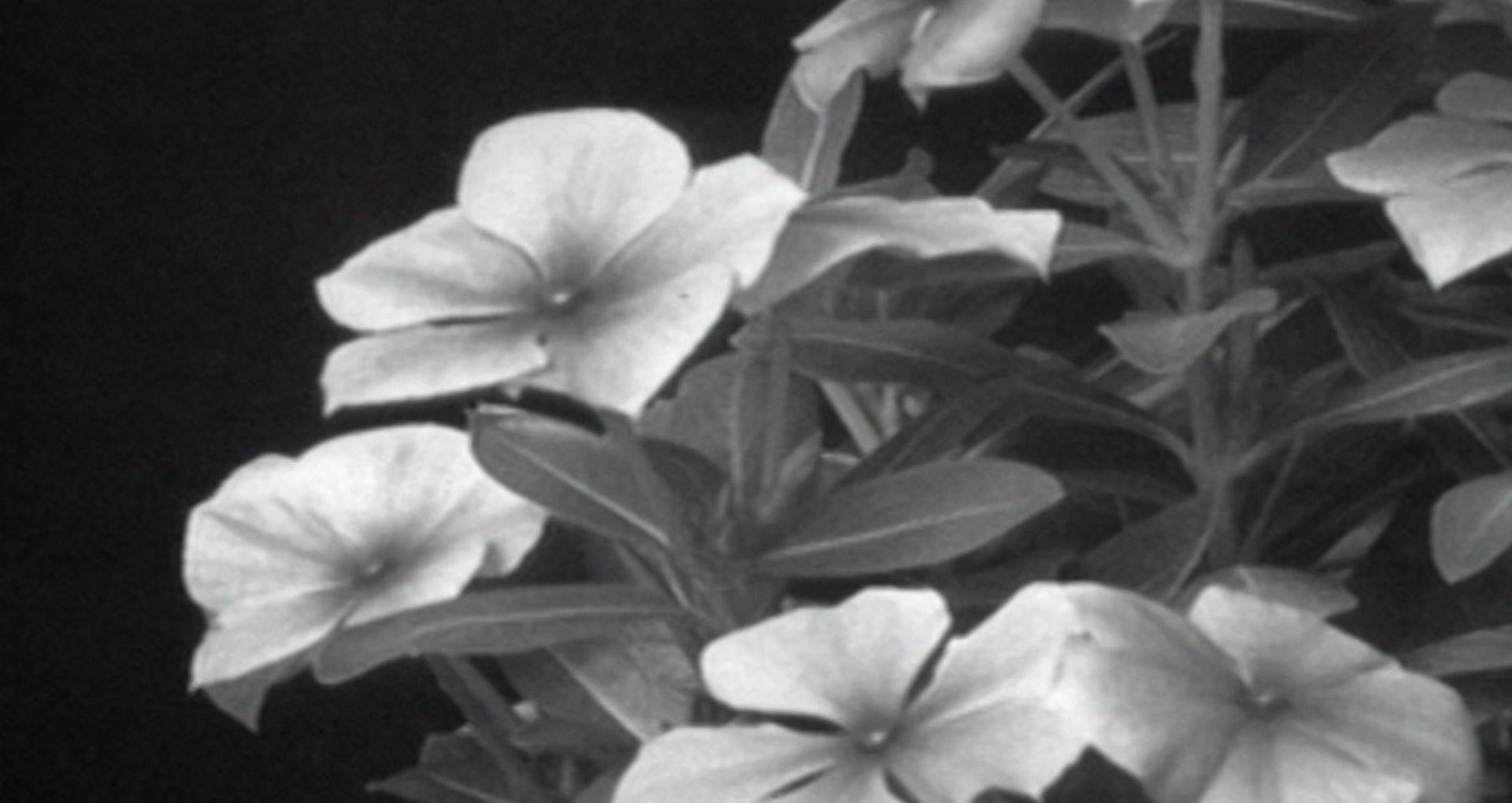
© Arshia Shakiba, The Guests, 2018
May We Leave In Peace
Online programming
Free streaming
Curator: Karine Boulanger
This selection is inspired by the remarkable programme Histoires-trajectoires, regards sur les migrations de masse conceived by Valérie Palombo for the Festival Nomade 2019, which included three works distributed by Vidéographe: Nutag-Homeland (2016) by Alisi Telengut, The Guests (2018) by Arshia Shakiba and Wandering (Errance) (2013) by Éléonore Goldberg. We have developed this idea of the refugee and the survivor through our catalogue, focussing on the plight of civil populations when faced with armed conflict.
The Second World War, Palestine, Vietnam, Cambodia, Chile, El Salvador, Iraq, the USSR, Bosnia – the long procession of the horrors of the last 100 years passes before our eyes. But while they do not shy away from human cruelty, the works we have selected celebrate life and memory above all. What better to carry the memory of the deportation of the Kalmyk people than the colorful and poetic imagery of Nutag-Homeland? How can resilience be demonstrated if not through the testimony of a pianist playing for the first time since his flight from Sarajevo under siege (The First Time)? In The Guests, life goes on in a refugee camp in Iraqi Kurdistan, where a marriage is being celebrated.
Whatever happens, the image remains. Artists develop varied and often hybrid forms far removed from the formatted and anesthetizing images of the mass media, such as documentary animation, observational documentary, or activist film. In Tarde Gris, the drawings of refugees articulate the horror of the abuses experienced from an inside perspective better than any photograph could. The uncompromising Pinochet’s Women (Las Mujeres de Pinochet) reclaims techniques frequently used in video art such as repetition and reframing to confront traces of the horror of the Chilean regime on the bodies of two women. In May we Live in Peace (Que je vive en paix), Paul Tom marries striped-back black and white animation with testimonies from survivors of genocide. We have borrowed his magnificent title for this programme.
► Watch the programme here [+]
PROGRAMME
Éléonore Goldberg, Wandering, 2013
Alisi Telengut, Nutag-Homeland, 2016
Mike Hoolboom, Supernatural Power, 2018
James Solkin, Tarde Gris, 1988
Eduardo Menz, Las Mujeres de Pinochet, 2005
Mary Ellen Davis, Will Eizlini, José Garcia-Lozano, A Day in Palestine, 2007
Co Hoedeman, The Blue Marble, 2014
Paul Tom, May I Live in Peace, 2010
Chris Dupuis, The First Time, 2013
Arshia Shakiba, The Guests, 2018





